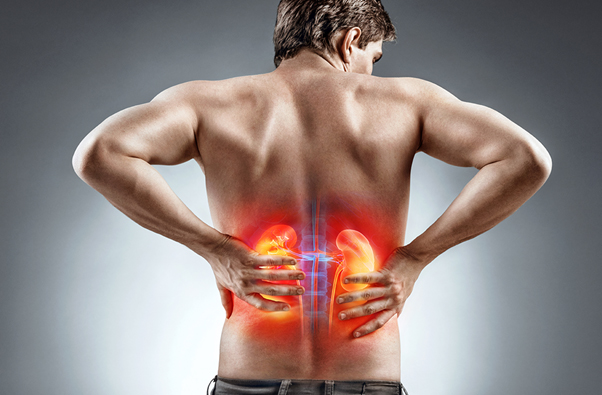
Upper Abdominal Ultrasound Scan
The abdomen contains several important organs and structures, (Liver, pancreas, gallbladder and biliary tree, kidneys, spleen, aorta, appendix) which can often be the site of an underlying problem ranging from inflammation to tumours.
You should consider contacting ScanAssure Ultrasound for an abdominal ultrasound scan if you are experiencing one or more of a following:
- Repeated vomiting
- Swollen belly
- Liver and kidney function
- Abdominal pain


The procedure of an abdominal scan
Before your scan, there a few things that you need to do in preparation. These include:
- Do not eat anything 6 hours before your scan
- Drink only clear fluids for example, water
- Maintain routine medicine
- Remove any abdominal piercings
To perform an abdominal scan, at ScanAssure we ask you to lie flat on your back on an examination table. We will then apply a gel substance to the abdominal skin. This will help sound waves pass through the abdomen more efficiently and effectively by removing small pockets of air that could interfere.
The procedure then involves the use of a transducer. It is a wand-like device that sends high-frequency waves to your body and picks up the responding signal. This device will be placed onto the abdomen and move around the area to create a better and clearer image.
The overall procedure should take approximately 30 minutes to complete. When it has finished, a report will be compiled for you and emailed securely to the email address your provide within 24 hours of your scan.
Kidney Ultrasound Scan
The renal tract or urinary system includes the kidneys, ureters and bladder and in men, the prostate gland which sits at the base of the bladder.
What symptoms might you have where a renal tract scan can help with a diagnosis?
- Blood in the urine – you may see this or minute amounts can be detected by a urine test
- Urgency or frequency of passing urine
- Pain on passing urine
- Severe back pain in the region of the kidneys (either side of the spine in the lower back region)
- Men may have symptoms such as poor stream, dribbling and nocturia (passing water frequently through the night). This is often caused by enlargement of the prostate gland which although is frequently a non-serious condition (BPH – Benign Prostatic Hypertrophy), can also be a sign of something more serious such as prostate cancer


What kind of renal tract problems can be detected during an ultrasound scan?
- Kidney stones
- Evidence of infection – including scarring from previous problems
- How well the bladder empties
- Cysts
- Tumours (cancerous and non-cancerous)
- Poor drainage of the kidneys
Preparation for this scan requires a full bladder and you will be asked to drink 1 – 2 pints of water an hour prior to your appointment. All medications to be taken as normal.
